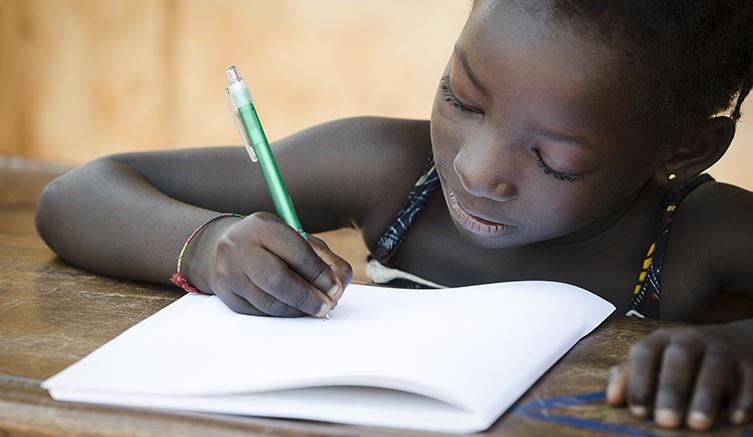Language of Instruction Transition in Education Systems (LITES)

There is significant evidence that learning in a child’s first language promotes consistent learning gains across a variety of programs and contexts. However, very little is understood about how education systems should effectively add or transition instruction from a first language to a second language and sometimes additional languages. This study aims to fill this gap by generating empirical evidence regarding factors that contribute to the success of language of instruction transitions for learners’ second language literacy skills.
The Language of Instruction Transition in Education Systems (LITES) Study
Funded by the USAID Center for Education, the University of Notre Dame - Pulte Institute and the Global Center for the Development of the Whole Child and AIR are working together to understand how different LITES policy approaches, system factors, and local-level conditions and practices explain variations in key language and reading outcomes in target languages in primary grades. AIR experts are co-leading several aspects of this study as co-principal investigators, including the study design, tool development, analysis, interpretation of results.
This mixed methods study will occur in two phases and focus on four countries, Kenya, Mozambique, the Philippines, and Senegal. Phase 1 will consist of a literature review, data mapping, and ecosystem workshops. Phase 2 will include a literacy assessment and student and teacher surveys. Ultimately, LITES aims to provide evidence-informed guidance on the language of instruction transition policy design and practice in linguistically diverse countries. These results will be disseminated through both academic and policy platforms.
